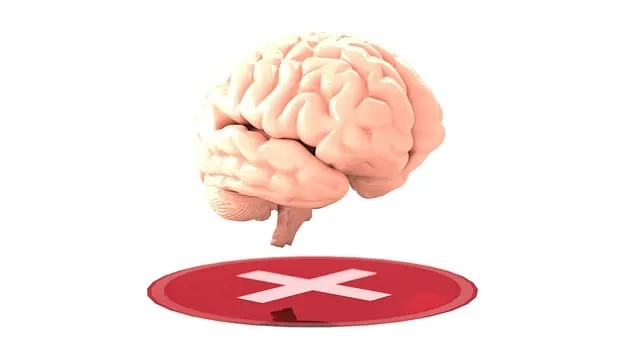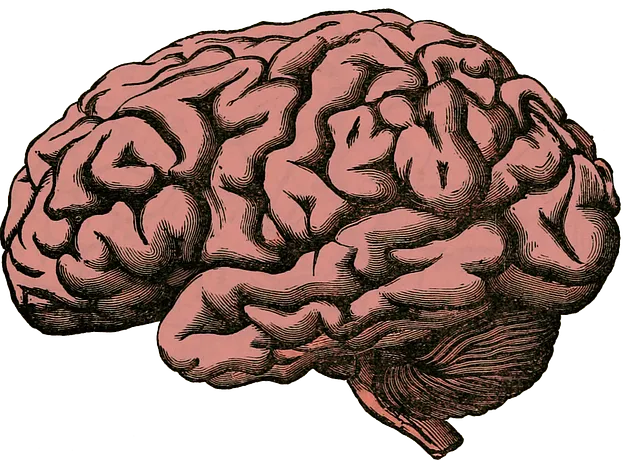In today's stressful world, user-friendly self-assessment tools are vital for empowering individuals to take control of their mental wellness. Organizations like Lakewood and Kaiser offer comprehensive services, using these tools as gateways to support. By identifying concerns, understanding symptoms, and promoting informed decisions, these tools facilitate initiatives such as Stress Management Workshops and Healthcare Provider Training. They foster resilience, encourage positive thinking, and streamline access to mental health care through personalized interventions like therapy or support group referrals.
Mental wellness self-assessment tools play a crucial role in empowering individuals to take charge of their mental health. As recognized by healthcare providers like Lakewood and Kaiser, these tools facilitate early detection and intervention, enabling folks to seek timely mental health help. This article delves into the development process, offering a step-by-step guide for creating effective self-assessments. By integrating these assessments into services, Lakewood and Kaiser enhance patient care, ensuring individuals have accessible resources to navigate their mental wellness journeys.
- Understanding the Need for Self-Assessment Tools in Mental Health
- Developing Effective Self-Assessment Tools: A Step-by-Step Guide
- Integrating Self-Assessments into Lakewood and Kaiser's Mental Health Services
Understanding the Need for Self-Assessment Tools in Mental Health

In today’s fast-paced world, where stress and mental health challenges are prevalent, there is a growing need for accessible and effective self-assessment tools. Tools that empower individuals to take charge of their mental wellness and seek appropriate support are essential in the pursuit of optimal well-being. This is particularly relevant in communities like Lakewood, where ensuring everyone has access to mental health resources is crucial. Similar to how Kaiser offers comprehensive healthcare services, the development of user-friendly self-assessment tools can serve as a gateway to getting mental health help for those who may be hesitant or unsure where to begin.
These tools play a vital role in several areas, from individual self-reflection to community-wide initiatives. They can assist people in identifying potential mental health concerns, understanding their symptoms, and making informed decisions about seeking professional support. Moreover, they contribute to broader efforts like Stress Management Workshops Organization programs, Healthcare Provider Cultural Competency Training, and promoting positive thinking, ultimately fostering a more resilient and supportive society.
Developing Effective Self-Assessment Tools: A Step-by-Step Guide

Developing effective self-assessment tools is a crucial step in promoting mental wellness and ensuring individuals receive appropriate support. These tools, designed to be user-friendly and accessible, play a significant role in helping people understand their mental health status and make informed decisions about seeking help. A well-structured self-assessment should cover various aspects of mental health, including emotional well-being, stress levels, coping mechanisms, and potential risk factors.
To create a comprehensive guide, start by defining the target audience—whether it’s individuals seeking personal growth or professionals in need of self-reflection for practice improvement (as relevant to Kaiser’s mental health services). Next, outline clear objectives, ensuring they align with the intended purpose, whether it’s screening for common mental disorders, assessing risk, or evaluating overall wellness. Incorporate simple yet valid assessment techniques, such as rating scales, questionnaires, or short interviews, tailored to the chosen objectives. Remember, effective self-assessment tools should be easy to administer and interpret, providing actionable insights that encourage individuals to take charge of their mental health (similar to Lakewood’s approach to how to get mental health help). For professionals, these tools can facilitate Risk Management Planning, as they enable early identification of potential issues, thus promoting better stress management through tailored interventions or referrals.
Integrating Self-Assessments into Lakewood and Kaiser's Mental Health Services

In integrating self-assessment tools into mental health services at Lakewood and Kaiser, both organizations are enhancing their capacity to provide personalized care. Lakewood, known for its holistic approach, has developed innovative self-assessments that allow individuals to gain profound insights into their mental wellness. These assessments cover a wide range of areas, from stress management techniques to identifying signs of common mental health conditions. By utilizing this data, Lakewood can offer tailored interventions, such as recommending specific therapy types or referring clients to relevant support groups.
Kaiser, with its robust healthcare infrastructure, has expanded its services by incorporating self-assessment results into comprehensive crisis intervention guidance. This integration ensures that individuals seeking mental health help at Kaiser receive immediate and effective support. Moreover, the organization promotes compassion cultivation practices through these assessments, fostering a supportive environment where clients feel empowered to take charge of their mental wellness. Such initiatives not only streamline access to mental health services but also enhance overall well-being in the community, particularly for those who prefer or require less traditional approaches, such as self-guided assessments before seeking professional help from Lakewood or Kaiser.
Mental wellness self-assessment tools play a pivotal role in empowering individuals to take charge of their mental health. By providing accessible and user-friendly resources, such as those integrated into Lakewood and Kaiser’s services, folks can easily navigate the path to getting the mental health help they need. Through thoughtful development, these tools offer a crucial first step towards personalized support, ensuring that everyone has access to effective care.






